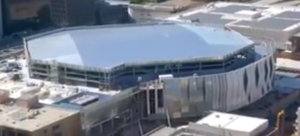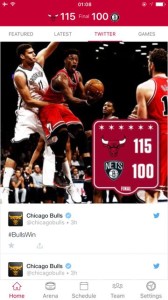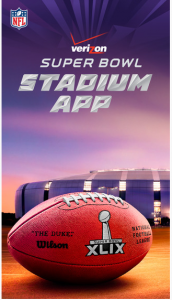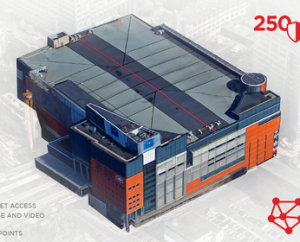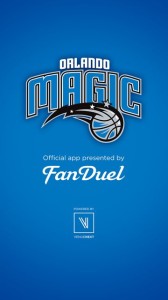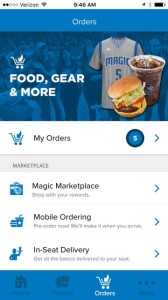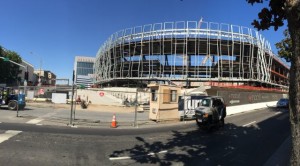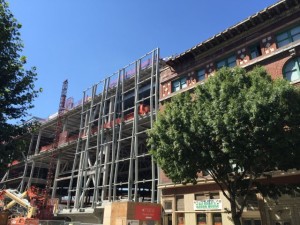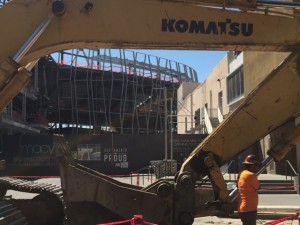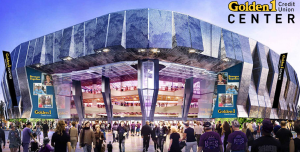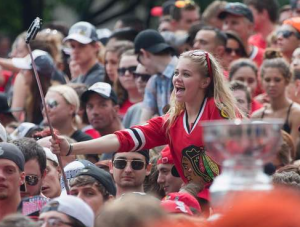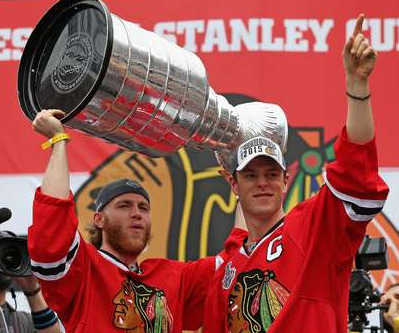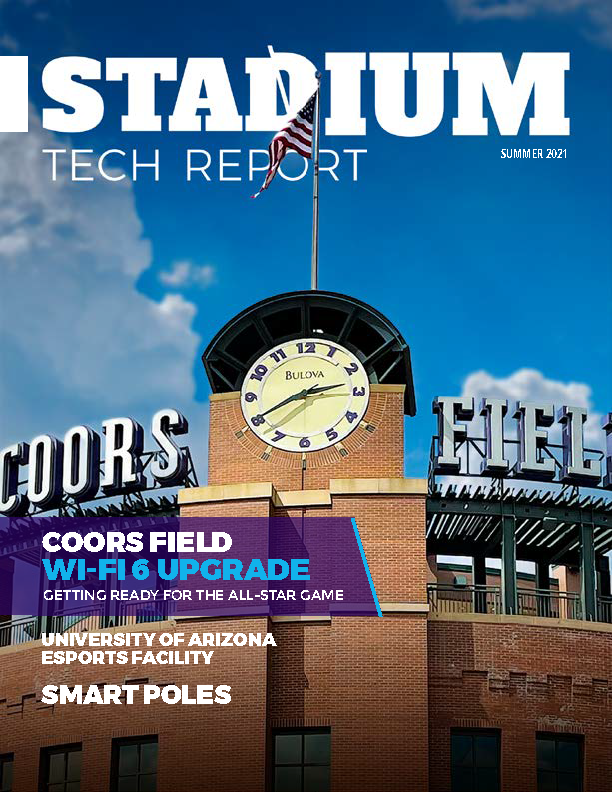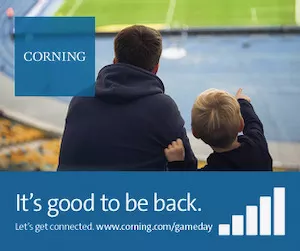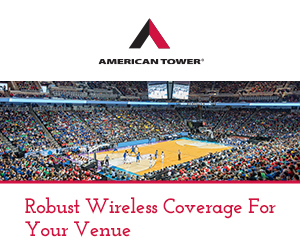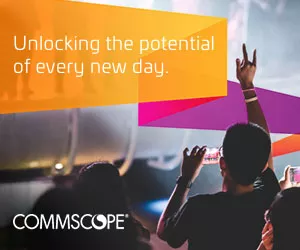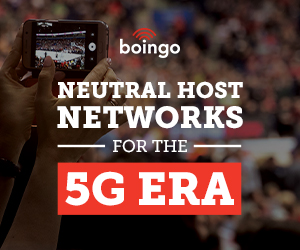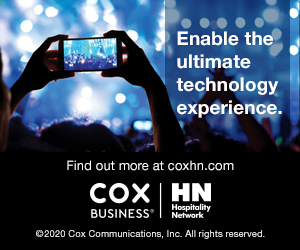In a deal that sounds similar to the one Comcast signed with the San Francisco 49ers to provide service to Levi’s Stadium, Comcast Business will provide the Sacramento stadium with bandwidth to drive the planned fan-facing Wi-Fi network, among other services. While the press release claims that Comcast will use two 100 gigabit Ethernet circuits to supply the stadium, we suggest taking the claim that the venue’s Internet connection “will be over 17,000 times faster than the average home Internet connection” with a grain of salt and the warning that your mileage may vary.
The press release today did not confirm our earlier report that Ruckus Wireless will be the vendor supplying the Wi-Fi gear for the stadium, nor did it offer any specifics on what kind of bandwidth fans might actually get during a sellout game; but with Comcast on the back end whatever network is built should have no problem getting enough connectivity, especially with two 100-gig pipes.
From the looks of this cool video the stadium is taking shape nicely… roof on and everything!
